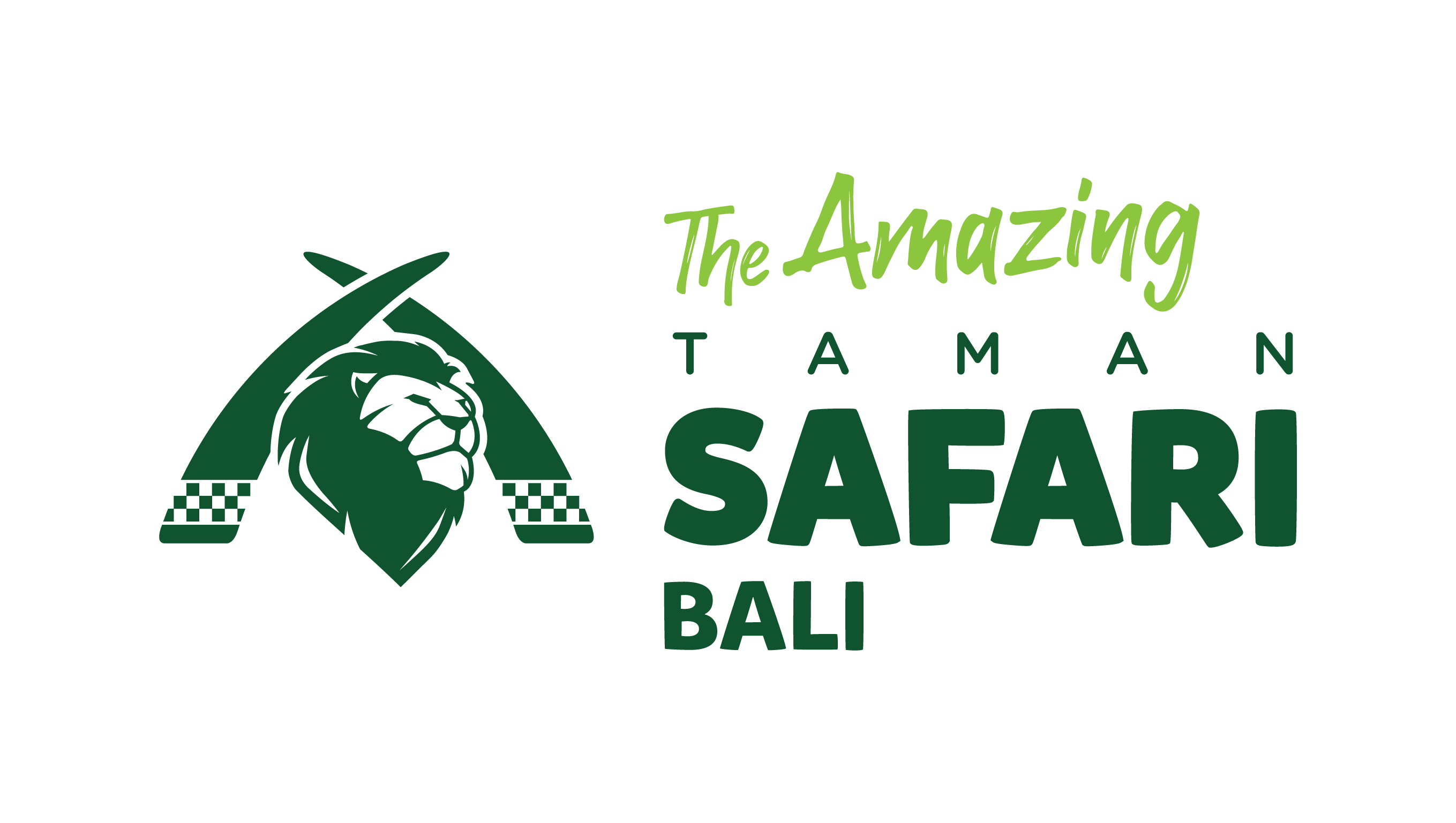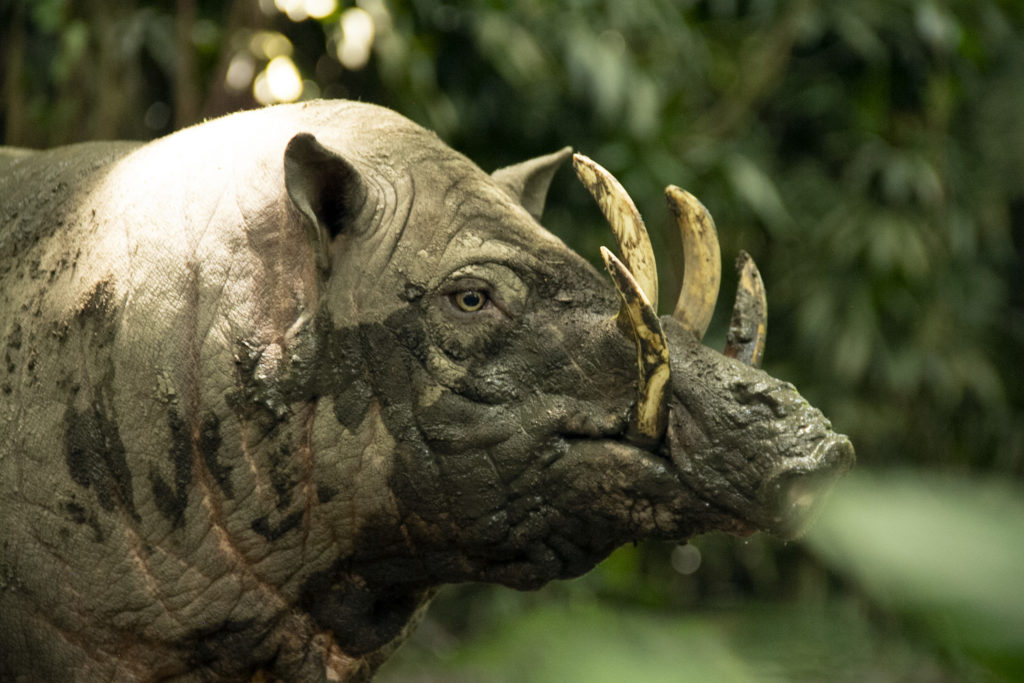As a region that consist various habitat of wildlife, Indonesia became a place for many species that only lives in Indonesia.
Bali Safari Park, the leading conservation institution in Bali, gladly introducing one of the endemic animals – the Babirusa!
Description
The Babirusa (Babyrousa babirussa) known as deer-pigs are endemic animals from the island of Sulawesi, Indonesia. The names come from their snout that resembles a pig, but have long canines above the nose like deer antlers.
However, only the male have canines, while the female don’t have any. The canines have function to attract the females, as well as a weapon for fighting. They don’t hook tusks, but stand up on their hind legs and “box” each other with their front hooves.
With a life span for about 10-24 years, their body can weigh up to 43-100 kilogram. After giving birth, the female only has up to 2 piglets, with a gestation period of 155-158 days.
As you can see, their body has streaked skin – more like thick wrinkles. That type of skin often emerge in animals that like to wallow in mud, including Babirusa.
Habitat
The habitat of Babirusa is in Indonesian island of Sulawesi, Togian, Sula and Buru. They inhabits tropical rainforests, near the shores of rivers and lakes. The adult males tend to live solitarily while adult females tend to live in groups with the young.
Diet

They are omnivorous that likes to eat Foliage, mushroom, berries, nuts, fallen fruit, fungi, invertebrates until small vertebrates. As a diurnal animals, they tend to be actives at day time to seek for food.
Conservation Status
The Babirusa is protected animals by Indonesia government, the poaching are strictly prohibited and illegal. Additionally, commercial logging operations makes them lost their habitat gradually. According to IUCN Red List, Babirusa listed as Vulnerable status as their population continue to decrease in the wild.
Hence, let’s give your support to protect the Babirusa together with Bali Safari Park. We continue to pursue various conservation efforts to increase the number of Babirusa in the wild. As a results, Bali Safari Park succeed in the birth of the baby Babirusa on this year!







